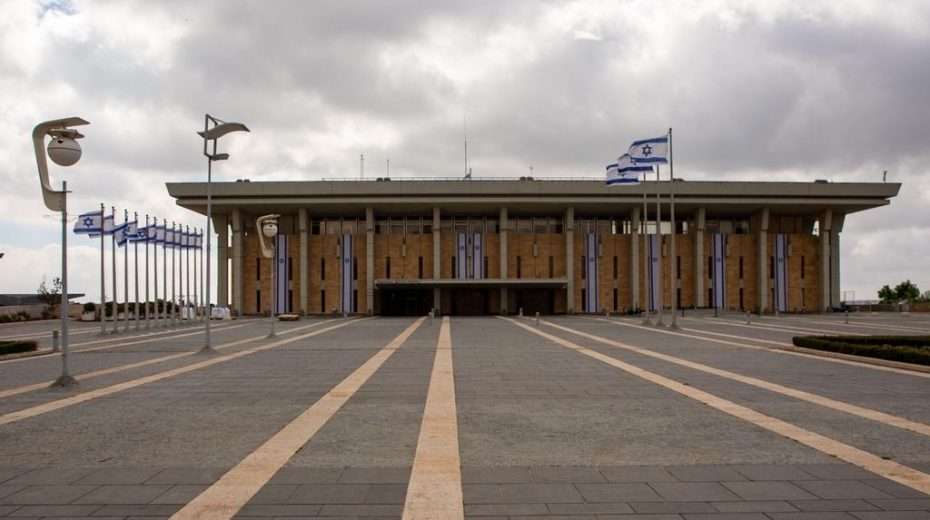(TPS) Despite national demonstrations for and against a controversial judicial overhaul, the government’s priority will switch to passing a state budget as the Israeli parliament’s summer session begins on Sunday.
Failure to pass a budget by May 29 will automatically dissolve the Knesset and send Israel to its sixth election in under four years.
However, according to coalition agreements between the Likud party and its partners, other controversial pieces of legislation must be passed ahead of the budget.
Among the Likud’s commitments is legislation exempting Orthodox men from Israel’s universal military service. Religious men are exempt from conscription if they pursue religious studies through the age of 26. The coalition agreement between Likud and the United Torah Judaism party commits the government to lower the age for men leaving their studies while remaining exempt from the draft.
Lowering the age would enable Orthodox men to more easily integrate into the workforce.
At the same time, Prime Minister Benjamin Netanyahu is seeking to placate soldiers by boosting economic incentives for military service.
A separate Likud commitment to the Otzma Yehdudit party is legislation allowing the death penalty to be applied to people convicted of terrorism. A death penalty bill introduced passed a preliminary vote in March with some opposition support.
The only individual ever executed by Israel was Adolf Eichmann, the Nazi architect of the Holocaust. He was hung in 1962 and his ashes scattered at sea after he was found guilty of genocide and crimes against humanity.
The budget and Likud’s legislative commitments are expected to put judicial reform on the Knesset backburner for the time-being, despite continuing national protests.
The governing coalition’s judicial reforms are deeply controversial. Legislation advancing through the Knesset would primarily alter the way judges are appointed and removed, give the Knesset the ability to override certain Supreme Court rulings, restrict the ability of judges to apply standards of “reasonableness,” and change the way legal advisors are appointed to government ministries.
Supporters of the legal overhaul say they want to end years of judicial overreach while opponents describe the proposals as anti-democratic.
President Isaac Herzog has been trying to mediate a compromise between the government and opposition but so far has little to show for his efforts.














